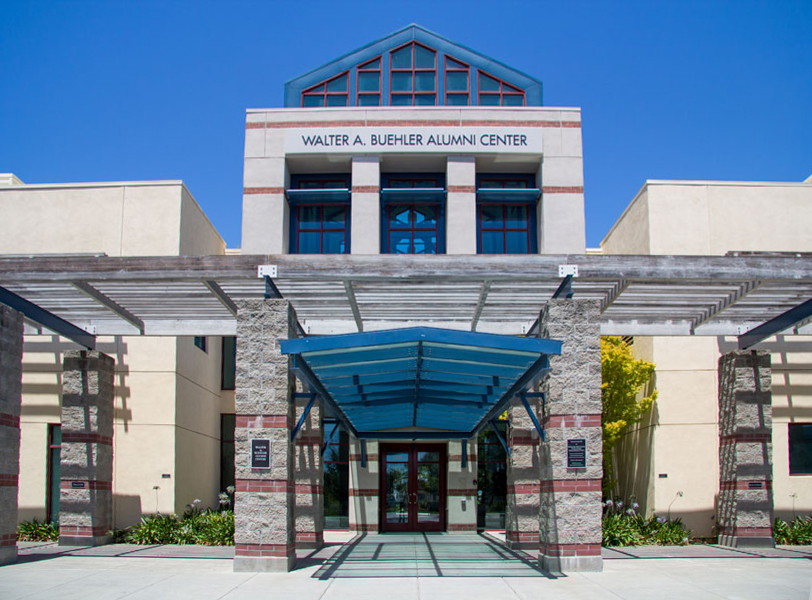
Policies to Decarbonize US Post-Sale Passenger Vehicles Workshop
November 18, 2025
8:30 am - 5:00 pm
UC Davis Alumni Center
550 Alumni Ln, Davis, CA 95616

Introduction and Purpose of Workshop
Meeting ambitious net zero GHG emission targets requires rapid adoption of zero emission vehicle technologies. While ZEVs are anticipated to be the primary tool for decarbonizing passenger vehicles, additional strategies to decarbonize the post-sale passenger vehicle fleet may be needed to meet critical GHG reduction targets since ICEVs will remain in the vehicle stock long after 100% ZEV sales are attained.
ITS Davis is holding this workshop with the goal of better informing policy making through improved knowledge, increased stakeholder coordination, and development of innovative policy frameworks. The objective of the workshop is to assess the most promising strategies to accelerate the decarbonization of the U.S. on-road passenger vehicle stock, focusing on post-sale vehicles. The scope of strategies that will be discussed includes accelerated scrappage, retrofitting vehicles to ZEV powertrains, and fueling ICEVs with low-GHG “drop in” liquid fuels. These strategies can be implemented alongside efforts to rapidly increase ZEV sales under existing policy, technological, and economic conditions. We note that there are many other strategies for decarbonizing transportation (e.g. travel demand reduction, vehicle fuel efficiency, electrification, etc.); these have been well-covered in scientific literature to date and are outside the scope of this project. However, the workshop will be an opportunity for participants to raise other novel strategies to decarbonize the post-sale passenger vehicle fleet.
Research Approach
For each of the three strategies highlighted below, this workshop utilizes the information from the background paper including a qualitative description of the strategy and its policy framework; a summary of what is known and what gaps exist in our understanding remain based on a review of selected literature (including peer-reviewed academic literature, technical reports, etc.); and identification of the key policy and research questions. The strategies are reviewed based on four main criteria: environmental impacts on a full lifecycle assessment basis, cost-effectiveness, regulatory compliance requirements, and barriers to market adoption.
After the workshop, ITS researchers will compile the input from the discussions into detailed notes and recommendations for next steps to be shared with workshop participants. The final product of the project will be a workshop paper that compiles information from the background paper, the workshop discussions, the debrief with expert advisors, and provides ITS researcher research and policy recommendations that are informed by expert advisors.
The Three Strategies
Accelerated Vehicle Turnover
Presented by Katie Jordan, Toyota Research Institute
The slow turnover rate of the U.S. vehicle stock remains a substantial barrier to widespread ZEV deployment. Removing older ICE vehicles from the road in favor of newer, more efficient vehicles is a potential strategy to reduce on-road transportation emissions, particularly if the replacement vehicles are BEVs. One popular way to accelerate fleet turnover is to subsidize older vehicle retirement with a financial incentive for a new vehicle, e-bike, or public transit charge card. Nearly twenty countries have adopted national AVRPs in the past 25 years, but program design varies widely (Woody et al., 2024). Many AVRPs were established in the wake of the Great Recession as a way to stimulate vehicle sales, but more recent programs tend to have a stronger emphasis on emissions reduction, implementing stricter requirements for replacement vehicles or offering more favorable incentives for alternative transportation modes (Antweiler & Gulati, 2015; Li et al., 2013)).
Retrofitting ICEVs to ZEV Powertrains
Presented by Lucas Salgado, Institute of Transportation Studies, UC Davis
Summary breakdown to come...
Low-GHG "Drop in" Liquid Fuels
Presented by Colin Murphy, Institute of Transportation Studies, UC Davis
Summary breakdown to come...
Agenda At-A-Glance
| 9:00 am | Welcome and Introduction to Workshop |
| 9:30 am | Session 1: Accelerated Turnover |
| 10:30 am | Session 2: Retrofitting ICEVs to ZEV Powertrains |
| 11:15 am | Session 3: Low-GHG Drop-in Liquid Fuels |
| 1:00 pm | Breakout Sessions/Working Sessions |
| 3:15 pm | Report Back |
| 4:15 pm | Wrap Up/Summary/Closing Remarks |
Facilitators & Presenters

Pierpaolo Cazzola
Co-Director
European Transport and Energy Research Centre, ITS-Davis

John Gonzalez
Researcher
National Renewable Energy Laboratory

Roland Hwang
Policy Director
Institute of Transportation Studies, UC Davis

Katie Jordan
Research Scientist
Toyota Research Institute

Jeremy Martin
Senior Scientist, Clean Transportation Program
Union of Concerned Scientists

Colin Murphy
Co-Director
UC Davis Low Carbon Fuel Policy Research Initiative

Lucas Salgado
Ph.D. Candidate
Institute of Transportation Studies, UC Davis

Maxwell Woody
Ph.D. Candidate
University of Michigan
